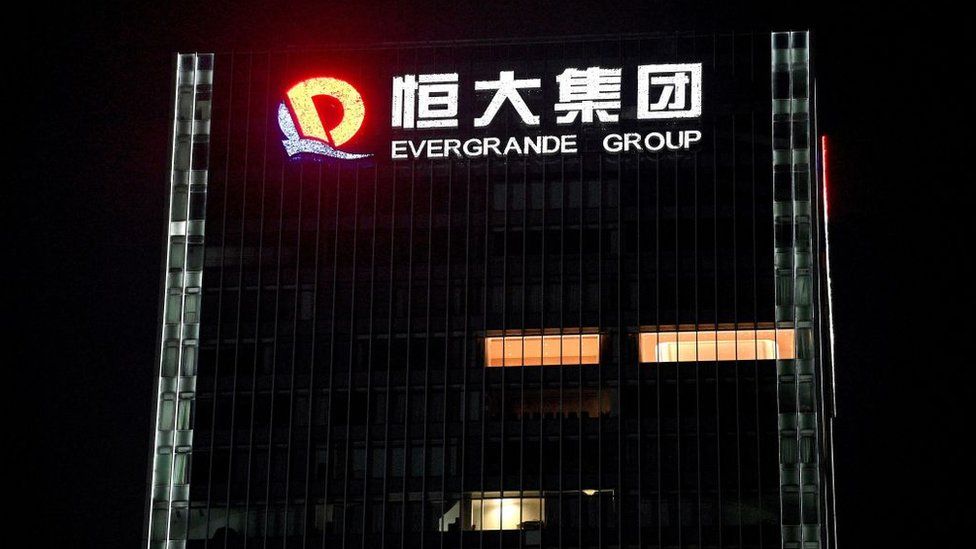-

-
-
Loading

Loading

China's property developer Evergrande is facing a debt crisis with over $325 billion owed, surpassing Russia's national debt. The company has struggled for the past two years, repeatedly failing to repay its massive loans. The situation has worsened to the point where its billionaire chairman is under police surveillance, its shares have become practically worthless, and more than a million Chinese individuals are still awaiting the completion of their homes. On Monday, a Hong Kong court may order the liquidation of some of Evergrande's assets to repay frustrated foreign investors. Evergrande represents the challenges faced by China's struggling real estate sector, known for insurmountable debt and imminent financial disaster. Amid the crisis, Evergrande is barely surviving due to unique circumstances in China's economy, which is neither fully capitalist nor communist. Unlike in Western countries where failing businesses would be liquidated or bailed out by the government, China's approach differs. The state has the power to provide enormous amounts of money to resolve problems in the market. The majority of Evergrande's debt is owed to Chinese creditors, including ordinary homeowners, banks, and suppliers, who are subject to the government's control. Chinese banks are mostly state-run, giving Beijing the ability to instruct them to reschedule debts. As a result, Evergrande exists in a state of limbo, neither dead nor alive. Non-Chinese creditors of Evergrande have scheduled a court hearing in Hong Kong but would likely require approval from Chinese authorities to liquidate the company's assets. The company's fate remains undecided and uncertain due to the unique nature of China's economic system. A collapse of Evergrande could have severe repercussions. The Chinese government would have to manage the fallout, which could have a significant negative impact on local governments, suppliers, and banks. Some analysts argue that the Communist Party itself could be threatened if Evergrande fails, as social stability could be at risk. The collapse would result in many Chinese banks holding bad debt and countless homebuyers left without the apartments they paid for. The housing market would lose confidence, leading to lower prices and contributing to an already sluggish economy heavily reliant on the property sector. China's financial system is not as intertwined with the property market as seen in the US, which makes a bailout for Evergrande less likely. The Chinese government, with its control over money flows, doesn't seem inclined to rescue the company. Bailing out Evergrande would contradict the government's goal of reducing debt and transforming the economy. It would also send a negative signal to the rest of the industry. However, a collapse of Evergrande could be catastrophic, and a bailout may be ideologically untenable. China's leadership appears to be in a difficult position, with no clear solution. The government faces the challenge of managing a collapse that would be disastrous for the economy or making a decision that goes against its efforts to reform the property sector. Despite the chaotic situation, some believe Beijing has a strategy in place. China has long been pressured to move away from relying on high levels of growth driven by property sector borrowing, and the current crisis may be part of a deliberate shift. The ultimate model that President Xi Jinping envisions for the Chinese economy remains uncertain. Amidst the turmoil surrounding Evergrande, the arrest of its founder and chairman reinforces the dominance of the Communist Party over private businessmen. While China may be paying the price for mismanagement, its continued control over the economy suggests a plan. However, others argue that the outcome is far from clear, and the losses incurred will test China's approach to capitalism.